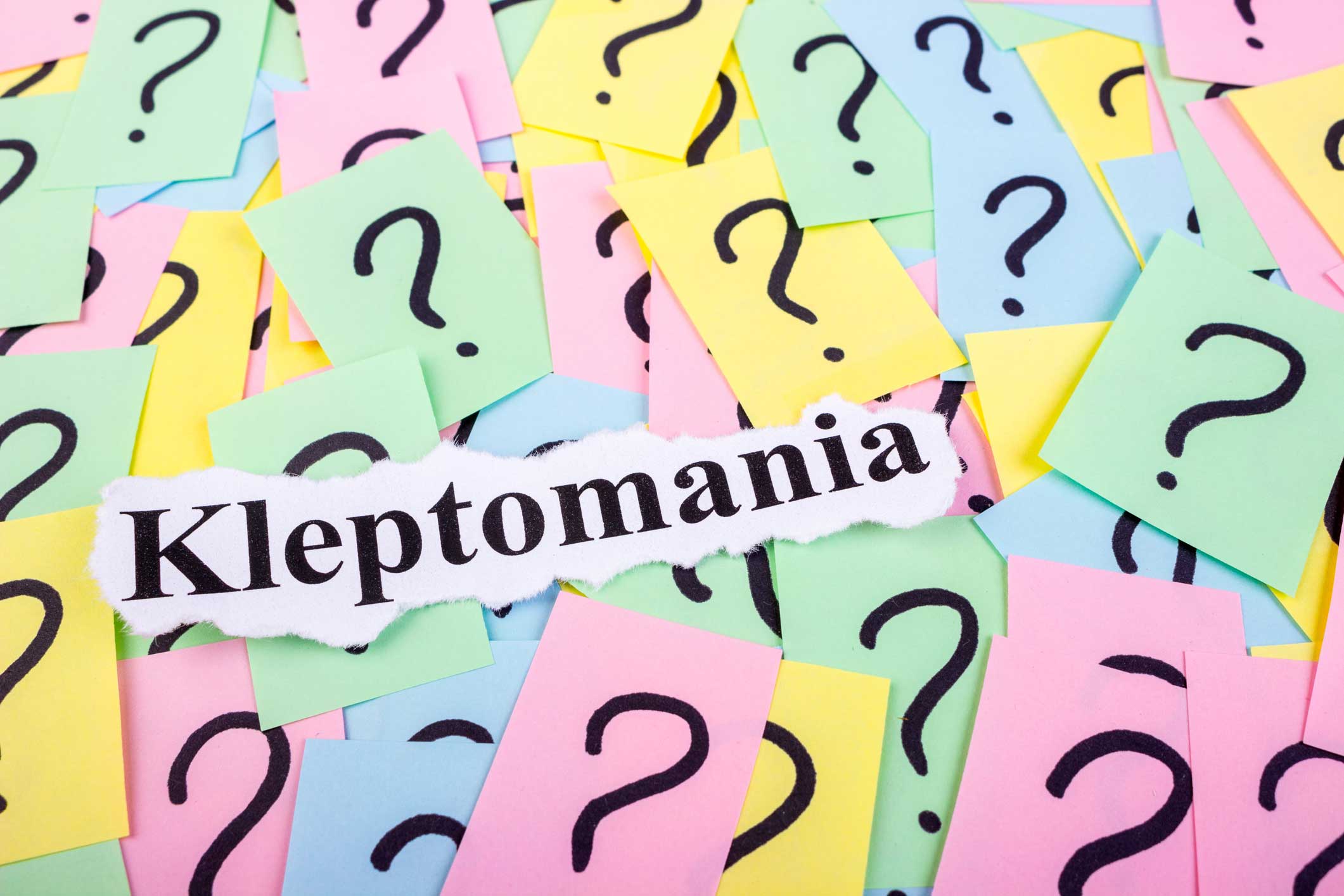April Devaux’s criminal record reads more like a shopping list.
She’s been arrested for stealing a candy bar, one green pepper, a package of chicken, a set of pot holders. She didn’t want the stuff. She didn’t even need it. The day she lifted the chicken she had just stocked up at the grocery store (and paid for her purchases.)
 “I couldn’t figure out why I kept stealing or what was wrong with me,” Devaux said. “I consider myself a good person. I’m respectful. But I hated that part of me, and I couldn’t figure out how to get rid of it.”
“I couldn’t figure out why I kept stealing or what was wrong with me,” Devaux said. “I consider myself a good person. I’m respectful. But I hated that part of me, and I couldn’t figure out how to get rid of it.”
Devaux, 49, has lost track, but she estimates that she’s been arrested for larceny more than 20 times. Often, she had little or no memory of the theft. She wouldn’t even know what she had taken until she saw the arrest report. In 2014, after yet another arrest, Devaux was charged as a persistent offender and sentenced to four years in prison. After completing two-and-a-half years, she was released on parole and ordered to attend therapy at Natchaug Hospital’s RiverEast program. It was there she was diagnosed with kleptomania.
“Kleptomania isn’t a very common disorder,” said Barbara Pajak, primary therapist at RiverEast. “It’s characterized by powerful urges to steal items, particularly things you don’t need or that don’t have much value.” Because kleptomania manifests itself as a criminal act, people like Devaux are often viewed as just that — criminals. “People don’t understand the mental illness part of it. It’s an impulse control disorder.” Pajak said. “Stealing is not one of [Devaux’s] values, yet she continued doing it. And as a result, she felt a lot of shame and guilt.”
Like many other mental illnesses, kleptomania carries a powerful stigma.
“When people find out that about me, they think I’m going to steal from their purse,” Devaux said. “Or don’t leave me anywhere by myself in their house because I might rip them off. It’s not like that… They just think that I should stop stealing, but it’s not that easy.”
Devaux spent six months attending RiverEast before she finished the program in April. During that time, she began to understand her disorder and what might trigger it. She began practicing mindfulness so she could stay grounded and focused on her feelings. When she starts to feel agitated or anxious, she knows to stay home or have her boyfriend accompany her on errands to keep her on track.
As Devaux prepared to graduate the program, Pajak proposed an idea. A few months back, two clients at RiverEast had successfully created their own men’s depression support group. There were no kleptomania support groups in Connecticut, and Pajak suggested that perhaps Devaux would be the right person to start one.
“A lot of the frustration I felt is that there’s no help out there, that there was no support for people like me,” Devaux said. “I’m hoping I can help other people know that they’re not alone, and they can be accepted. That they don’t have to deal with this problem by themselves.”
Devaux has run the group for a few months now, but has had trouble getting people to attend. Pajak believes it’s partially because of the stigma of kleptomania, but also the disorder is fairly rare. As a result, Devaux has now expanded the group’s focus to include all impulse control disorders. These might include problem gambling, compulsive shopping, or anger disorders such as intermittent explosive disorder. Despite the struggles with attendance, Devaux has remained steadfast.
“Sometimes I sit there and say, maybe you are in this world by yourself. But then the positive side comes back and says no don’t give up,” Devaux said. “If I can be of help to one other person, then it will make it all worthwhile.”
Natchaug Hospital’s Impulse Control peer support group meets Thursdays from 7 to 8 p.m. at RiverEast Treatment Center, 428 Hartford Turnpike, Vernon (back of the building). For more information, call 860.870.0119.

